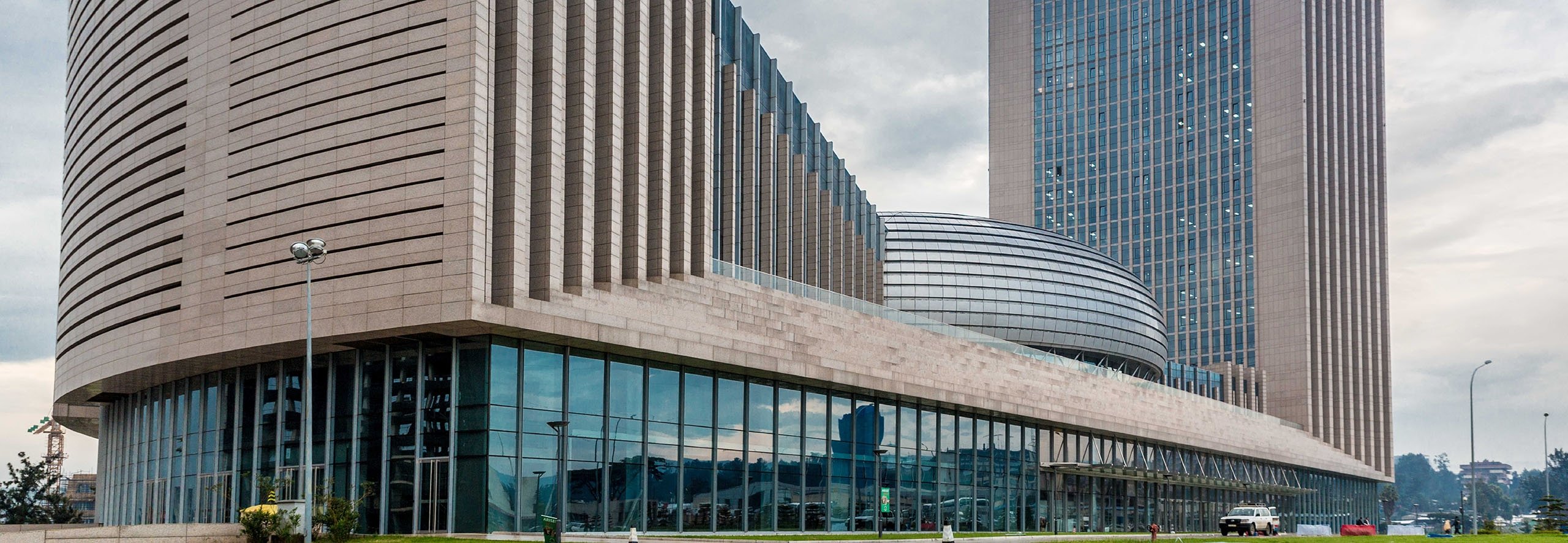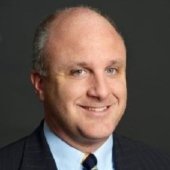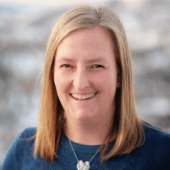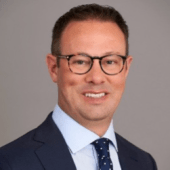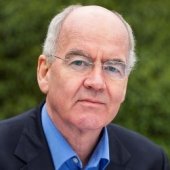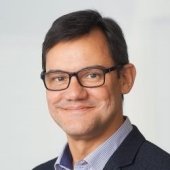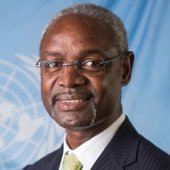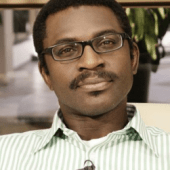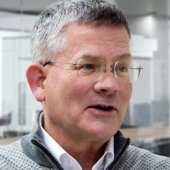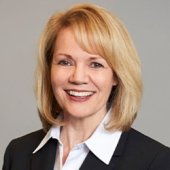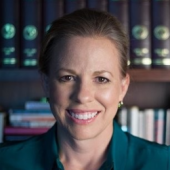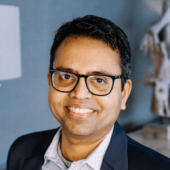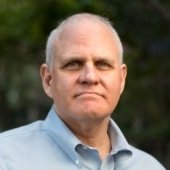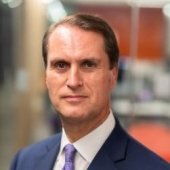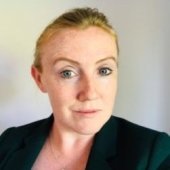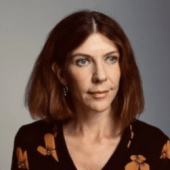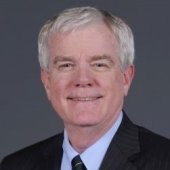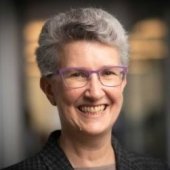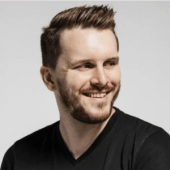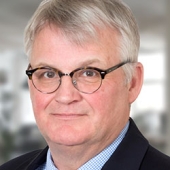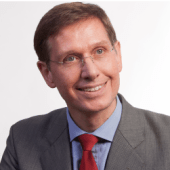CEO of NEPAD: Agenda 2063 provides ‘blueprint to transform Africa into a global powerhouse’
IN BRIEF
- Whether we are talking about the public sector or the private sector, ESG should be the foundational principle in everything we do. We have just one planet.
- We are trying to correct the past; we are trying to meet the challenges of today, and we are trying to build the future all at the same time. We have big challenges in Africa, but we believe we have bigger solutions.
- My dream for the future is to see a connected continent and an integrated Africa; a resilient and self-reliant Africa; a continent that celebrates its natural resources; an Africa that is growing and economically viable, an ethical Africa with no inequality. That is my vision for Africa, and I believe it will become true.
Nardos Bekele-Thomas is CEO of the African Union Development Agency (also known as NEPAD, the New Partnership for African Development). Endorsed by African Union heads of state and government, including 33 prime ministers within Africa, Bekele-Thomas became the first woman to lead the African Union’s development agency when she took over May 1. NEPAD aims to transform Africa with a mandate to facilitate and coordinate the implementation of regional and continental priority development programs and projects. The eight priority areas of NEPAD are: political, economic and corporate governance; agriculture; infrastructure; education; health; science and technology; market access and tourism; and the environment. Previously, Bekele-Thomas was the Resident Coordinator of the United Nations in South Africa. Bekele-Thomas sat down with Joe Kornik, Editor-in-Chief of VISION by Protiviti, to discuss ESG and Africa’s future.
Kornik: Can you tell me a bit more about the African Union Development Agency (NEPAD), its overall goals and how you plan to lead the organization into the future?
Bekele-Thomas: This partnership called NEPAD came about as a result of the recognition by the African Union heads of state, including 33 prime ministers within Africa, that the partnerships we had in place previously weren't in the best interest of Africa. So, we wanted to develop an organization where the priorities are set by African governments, where Africans would lead their own development and determine their own partnerships. The African Union initially came up with some priority areas of interest, such as infrastructure, security, education and several others that would be developed over time. But it realized that it didn’t have a vision to tie them all together, so it established what’s called Agenda 2063, Africa’s blueprint and master plan to transform the continent into a global powerhouse of the future. It is Africa’s strategic framework that aims to deliver on its goal for inclusive and sustainable development for Africa. It is ambitious and unique; no other continent has such a framework. It was adopted in 2015, but the African Union realized it needed an implementation plan, a way to respond to all the aggressive priority areas outlined in Agenda 2063. That led to the creation of the African Union Development Agency in 2019.
Kornik: Agenda 2063 is very ambitious, for sure. Can you talk about your specific goals that you have for the next several years?
Bekele-Thomas: Agenda 2063 is a visionary document and there are certainly some priority programs that are relevant and important, but what is most important for Africa is not just having the vision but the action. The implementation is critical, but in order to implement programs you need two things: One is resources; we need to mobilize the necessary resources to help us implement the program. So, resource mobilization is one of my focus areas. The second focus area is to build capacity. Not just capacities at NEPAD, but national capacities at all levels as part of a 10-year implementation plan so we can monitor our progress and hold governments, civil society organizations and the private sector accountable, if necessary. The problem we have all over Africa is that our inaction is leading us to crisis. COVID-19 in Africa was a result of the inaction by our governments. We have many paradoxes in Africa, and one of the paradoxes I see is, we’ve got many of the skills other parts of the world have, but here, they're often frustrated; they’re despondent, they're dependent, and they find themselves frustrated by inaction. Transformation requires an all-in approach, and sometimes that is lacking in Africa. So, reversing that trend here is critical to our future success.
Agenda 2063 is Africa’s blueprint and master plan to transform the continent into a global powerhouse of the future.
Kornik: You mentioned skills, I know one of the goals of NEPAD is to build human resources on the continent…
Bekele-Thomas: Absolutely. In Africa, we are crying for more skilled labor. What we would like is to train young people with skills and have them join the public sector, even more so than the private sector, to be frank. We need governments to change; we need governments to be modern; we need governments to be effective and efficient. And skilled young people could lead the way for Africa, especially when it comes to technology. They are wired differently than us, Joe. This would help Africa keep skilled young people here. How do we do that? It's really just putting our heads together and making sure there is proper training and a commitment and coordination among governments in Africa.
Kornik: When you look at the eight priority areas of NEPAD, almost all of them fall under traditional aspects of ESG. Is there one area of ESG you think will take precedence on the continent over the next decade?
Bekele-Thomas: Whether we are talking about the public sector or the private sector, ESG should be the foundational principle in everything we do. We have just one planet. We have population that is growing very quickly—that’s particularly true in Africa—and we really need to make sure we live in harmony and not in conflict. The three areas of ESG are so intertwined and interlinked. There is no way we can segment them, and a siloed approach to problem solving will not work. This has brought us to where we are today. We have to look at these three areas in a very interdependent manner. And we must make sure that we tackle the three issues at the same time.
Kornik: NEPAD specifically calls out the environment, climate, water and food security, human rights, agriculture and education. Do you think NEPAD can make significant progress in Africa in these areas over the next decade or so?
Bekele-Thomas: Let me say this: We are trying to correct the past; we are trying to meet the challenges of today and we are trying to build the future all at the same time. We have big challenges in Africa, but we believe we have bigger solutions. We have got specific programs that address the past, but we are also building our programs to make sure that Africa’s future is sustainable and prosperous. And that means things like food security and a comprehensive continental agricultural program that we’ve put in place. But we only get one chance, so we have to make sure this comprehensive agriculture program is implemented correctly. And we're pushing all governments to make sure they are ethical and acting with integrity, to make sure that their actions are citizen-centered and people-focused. Human rights remain a big issue in Africa. And again, we are addressing the past but focused on the future. We are focused on the environment, climate and water scarcity… huge issues for Africa. We have land restoration, for example, which is very critical and very important for agriculture. Healthcare and our health systems are about human rights. All these issued are intertwined and getting the governments of Africa to cooperate and coordinate on a response is very challenging. Integration is that much more difficult with our current infrastructure challenges. That’s why we have a comprehensive program on infrastructure development, on roads, railways and rivers. Many of these programs are ready for investment, so we must get them moving.
Whether we are talking about the public sector or the private sector, ESG should be the foundational principle in everything we do.
Kornik: You touched on a lot there and how important it will be for Africa to tackle those problems for the success of the continent in the future. How optimistic are you? Where do you think Africa will be on the global stage when it comes to some of the sustainability and ESG initiatives in, say, 2035?
Bekele-Thomas: I think it's very important that we are optimistic because that’s one way we can galvanize our energy to do better, right? I am extremely optimistic. I know Africa cannot do it alone. We are all interconnected; it’s a collaborative effort. We share the same planet, and I see Africa having a bright future. Africa is rising. I believe if we just do the right things and harness all this positivity in Africa, we will be fine. Africa has what it takes to be better in the coming years if we implement our Agenda 2063, which is a very inclusive, very comprehensive, very visionary document. But like I said, good intentions will not be enough. We need to have the processes; we need to have the foresight; we need to have the strategic scenario-planning in place. We need to accelerate implementation. And it’s important that we have the private sector support the implementation of Agenda 2063—that will lead to economic advancement in Africa. And the better the economy, the more stakeholders we have, which will lead to prosperity and less poverty. My dream for the future is to see a connected continent and an integrated Africa; a resilient and self-reliant Africa; a continent that celebrates it natural resources; an Africa that is growing and economically viable; an ethical Africa with no inequality. That is my vision for Africa, and I believe it will become true.
My dream for the future is to see a connected continent and an integrated Africa.



